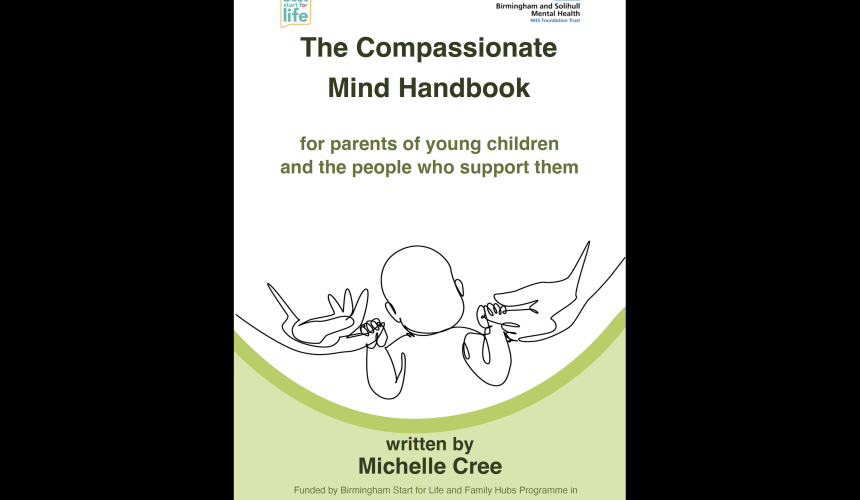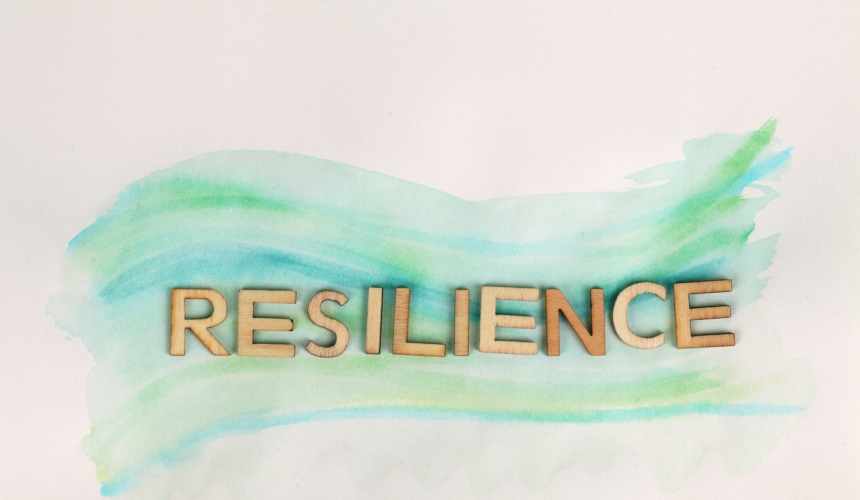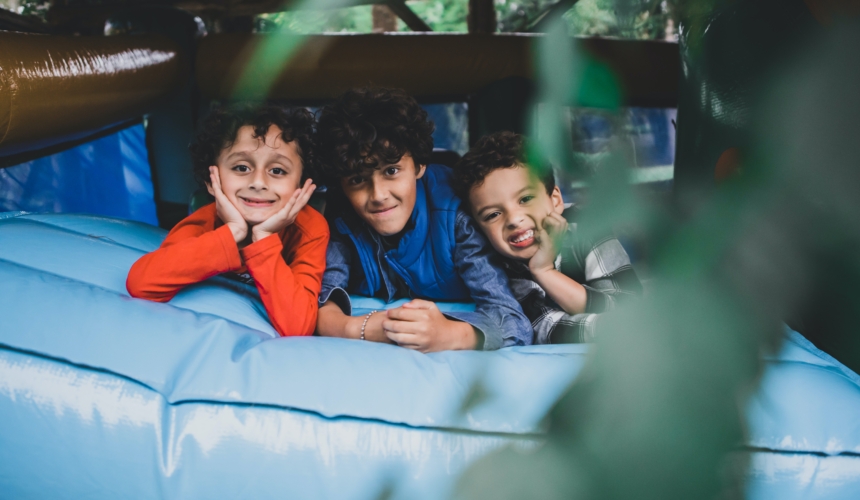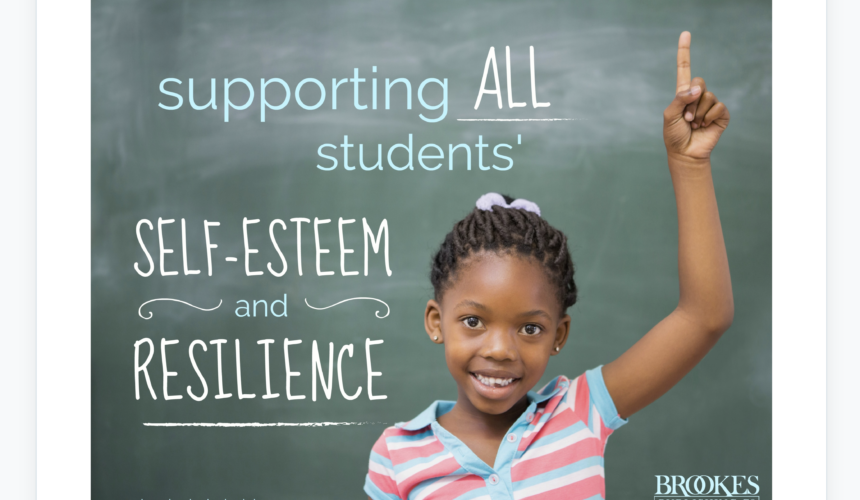

“Success is not final, Failure is not fatal: It is the courage to continue that counts.”
Winston Churchill
Resilience refers to the ability to adapt well to adversity, trauma, tragedy, threats, or even significant sources of stress. Building resilience from an early age can help our children manage stress and feelings of anxiety and uncertainty. However, being resilient does not mean that children will not experience difficulty or distress. Emotional pain, sadness, and anxiety are common when we have suffered major trauma or personal loss, or even when we hear of someone else’s loss or trauma.
For information about what Resilience means and why it is important to the wellbeing and healthy functioning of young people, please visit our primary school focused page on resilience.

Being a child can be difficult. Very little is in their control. They change neighbourhoods, start new schools and learn new information. They lose loved ones or favourite toys, make friends, get hurt by those friends, and encounter bullies. Just like adults, children and young people are battling through their own challenges and setbacks throughout childhood. What helps a child overcome all these challenges is resilience.
By being resilient, a child faces a tough situation and is able to find a good solution or simply brush themselves off and move on with their day.
Teachers’ wellbeing
As with all matters of wellbeing, taking time to focus on areas such as emotional intelligence and social confidence helps to build an outlook that feeds into the interactions a teacher has with the young people they support. Whilst we are preparing ourselves to help others we must also look after ourselves. We’ve got some advice and guidance on this in the teachers wellbeing section.
Very young children will only recently have mastered the skills of walking and talking, and they may not be able to express their anxieties and fears. Although you may think they are too young to understand what is happening, even very young children can absorb frightening events from the news or from conversations they overhear.
They may be feeling the pressure of what is going on in the world around them. It can be helpful to use play to help children express their fears and encourage them to use art or pretend games to express what they may not be able to put into words.

Sticking to a routine can be comforting to children, especially younger children who crave structure in their lives. Work with children in your classroom to develop a routine, and highlight times that are for school work and play. Particularly during times of distress or transition, you might need to be flexible with some routines. At the same time, schedules and consistency are important to maintain.
Nurture that feeling in them – that one that reminds them they can do hard things. You’ll be doing this every time you acknowledge their strengths, the brave things they do, their effort when they do something difficult, and when you encourage them to make their own decisions. When they have a sense of mastery, they are less likely to be reactive to future stress and more likely to handle future challenges.
‘You’re a superstar when it comes to trying hard things. You’ve got what it takes. Keep going. You’ll get there.’
Optimism has been found to be one of the key characteristics of resilient people. The brain can be rewired to be more optimistic through the experiences it is exposed to. If you have a small human who tends to look at the glass as being half empty, show them a different view. This doesn’t mean invalidating how they feel. Acknowledge their view of the world, and introduce them to a different one.
‘It’s disappointing when it rains on a sports day isn’t it? Let’s make the most of this. What’s something we can do on a rainy day that we probably wouldn’t do if it was sunny?’ The idea is to focus on what is left, rather than what has been lost.
Children will often have the idea that being brave is about dealing with things by themselves. Let them know that being brave and strong means knowing when to ask for help. If there is anything they can do themselves, guide them towards that, but resist carrying them there.
Strengthening their executive functioning will strengthen the prefrontal cortex. This will help them manage their own behaviour and feelings, and increase their capacity to develop coping strategies. Some powerful ways to build their executive functioning are:
Resilience is a personality trait commonly referred to as the ability to ‘bounce back’ in the face of adversity and has become an important component in the theory of wellbeing.
Resilience skills can be developed by enhancing 3 core mechanisms: Sense of Mastery - a young person’s self-perception of competence or self-efficacy, Sense of Relatedness – a young person’s self-perception of their ability to engage in positive relationships, Emotional Reactivity – a young person’s negative emotional response.
Having these skills can prevent young people from avoiding adverse situations due to the fear of not being able to cope, which could have a damaging effect of removing the opportunity to develop the emotional and social skills that contribute towards establishing the resilience required for healthy functioning.
A core component of resilience is managing distress. Talk to the class about how it is normal for our emotions to change over the day as we experience different stresses.

( resources found)





















How useful was this info?
Click on a star to rate it!
![]()
© Copyright Breathe 2020- 2024
Terms and Conditions | Privacy Policy
supporters & partners 



![]()
